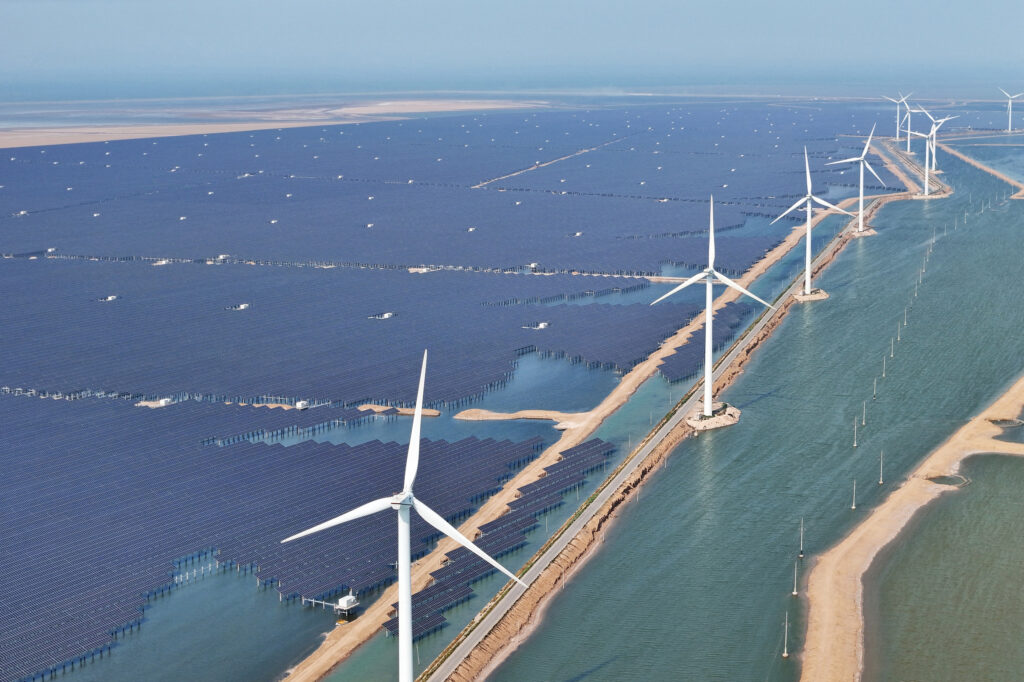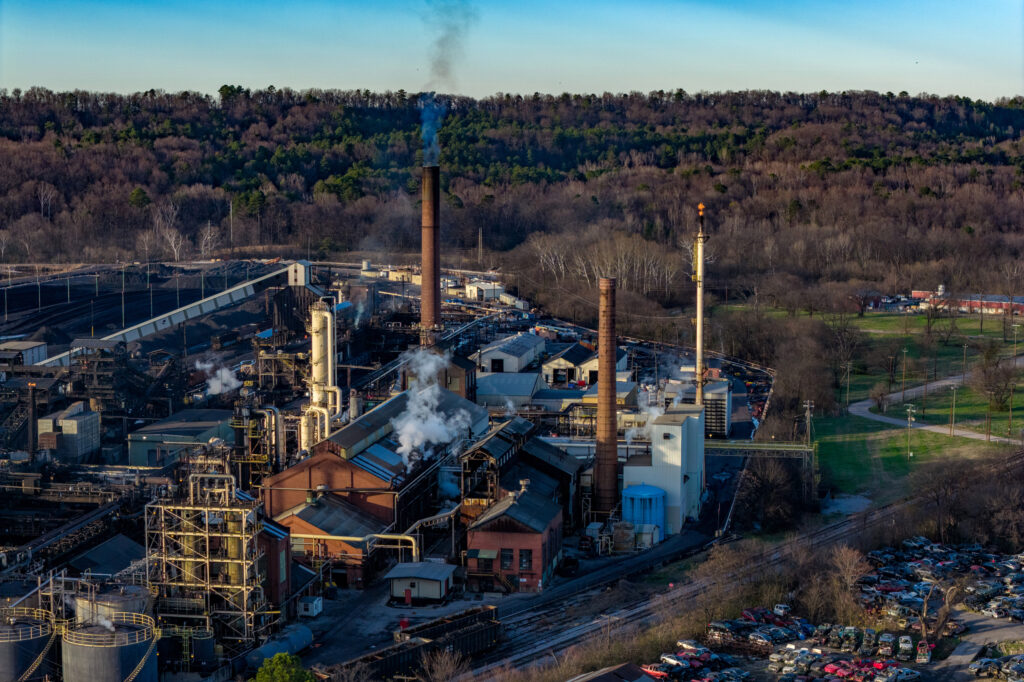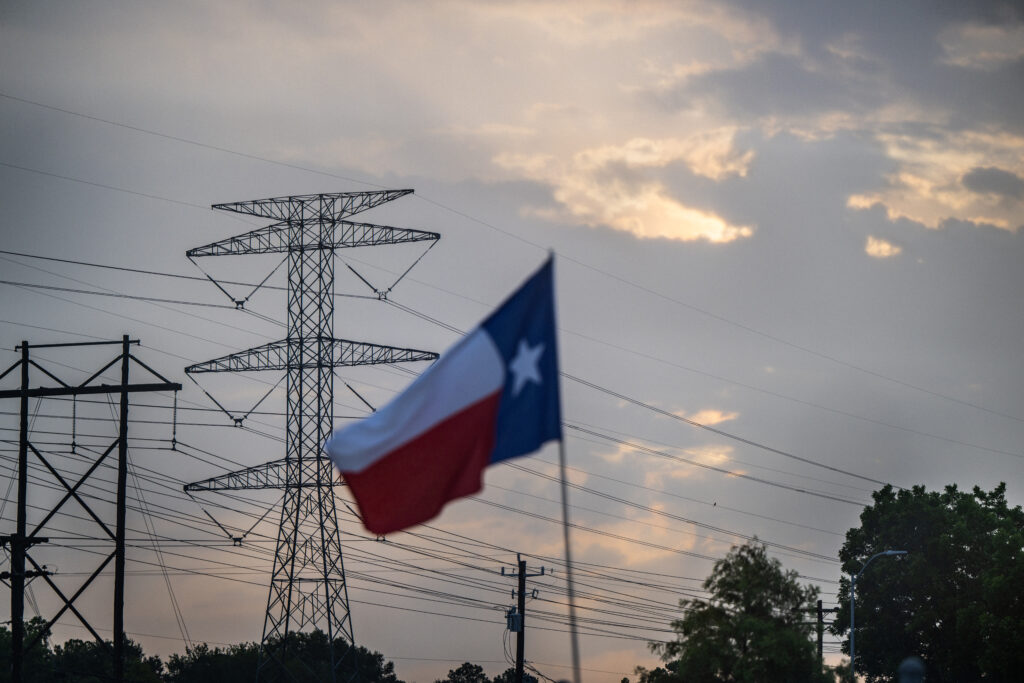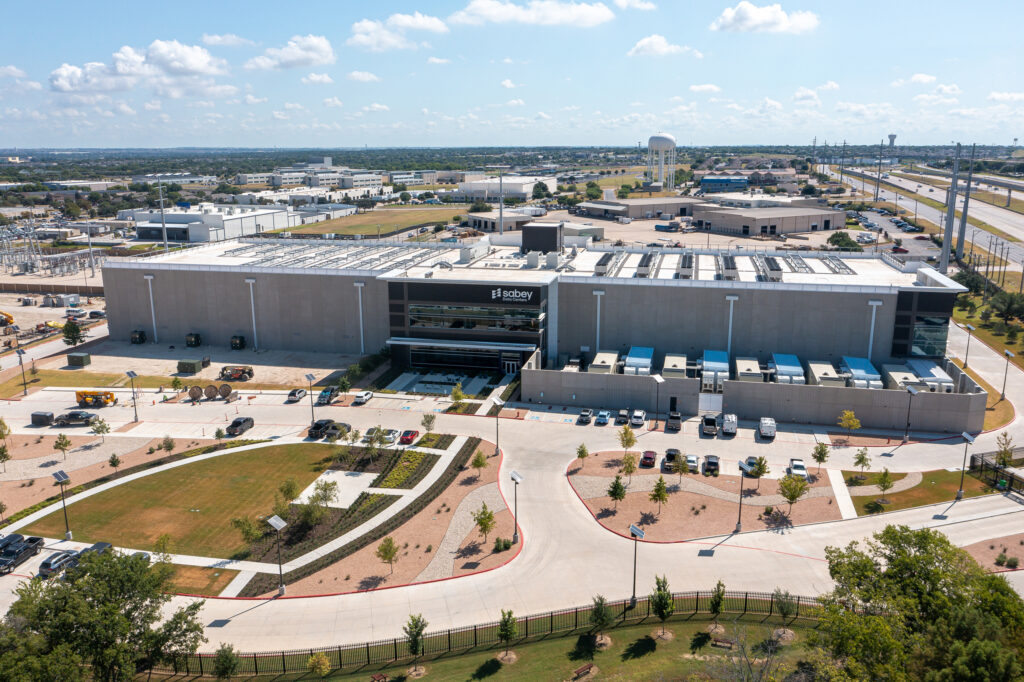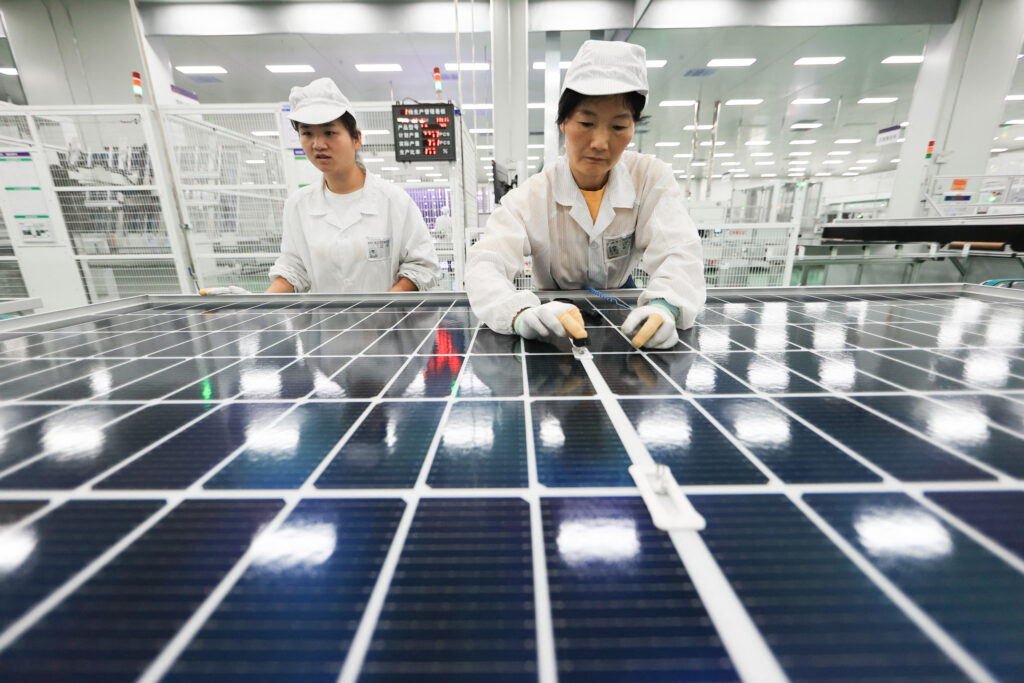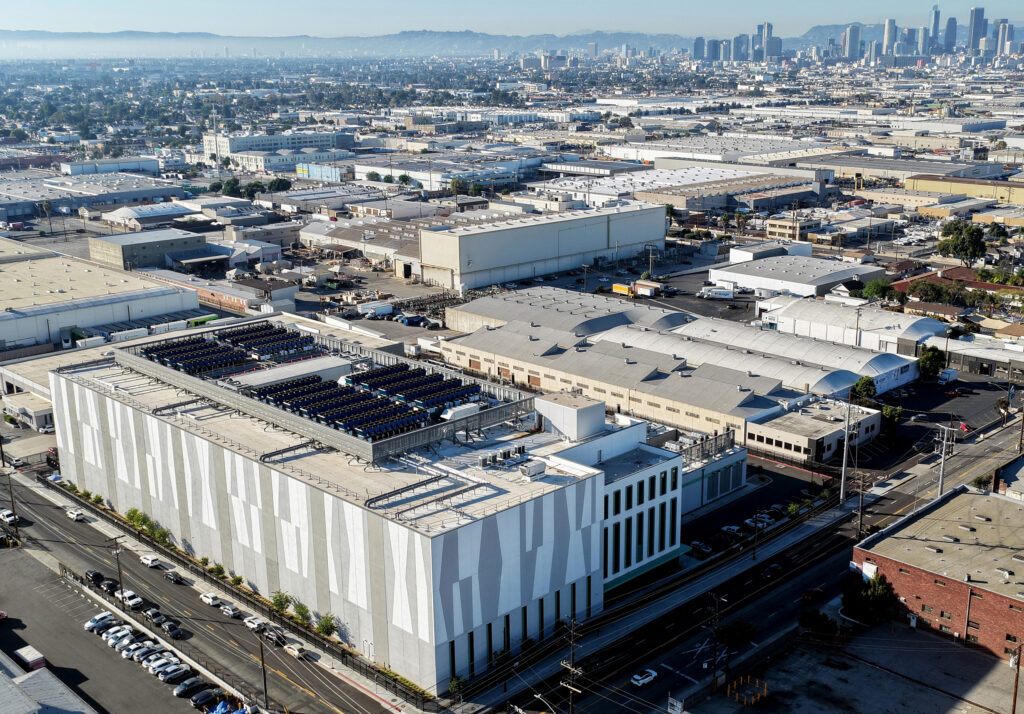The world’s biggest meat and dairy companies are responsible for emitting more climate-warming methane than all of the countries in the European Union and United Kingdom combined, according to a new assessment published Monday.
Livestock, mostly beef and dairy cattle, account for roughly one-third of global emissions of methane, a short-lived but especially potent greenhouse gas. Yet, unlike energy companies, beef and dairy companies are not required to report their greenhouse gas emissions.
So, in an effort to understand the climate impacts of these livestock companies, the nonprofit research firm Profundo and four environmental advocacy groups calculated emissions by cobbling together available production and slaughter data and plugging the numbers into an updated modeling framework used by the United Nations.
They looked at 45 major livestock and dairy companies, finding that they generated about 1 billion tons of greenhouse gas emissions in 2023—roughly the same amount as reported for Saudi Arabia, the world’s second largest oil producer.
“These emissions are huge and are not really mentioned or confronted in government policy right now,” said Ben Lilliston, the director of rural strategies and climate change at the Institute for Agriculture and Trade Policy, one of the advocacy groups that published the report.
The others are Friends of the Earth U.S., Foodrise and Greenpeace Nordic.
The top five greenhouse gas emitters were the Brazilian meat giants—JBS, Marfrig and Minerva—and American companies Tyson and Cargill. Together these five accounted for nearly half of the emissions of the 45 companies analyzed in the report. JBS, the world’s biggest meat company, accounted for nearly one-quarter—more than the methane emissions reported by fossil fuel giants ExxonMobil and Shell combined, the advocacy group found.
The report comes three weeks before the annual United Nations climate summit, or Conference of the Parties (COP), being held this year in Belém, Brazil, the first time the conference has come to the Amazon region. The Brazilian beef industry has long been blamed for the destruction of the world’s largest rainforest as ranchers cut and burn huge swaths of trees to clear pasture. Cattle ranching is the biggest driver of deforestation in the region, accounting for nearly 80 percent, and despite public commitments to stop buying cattle from illegally deforested land, the practice continues.
Meanwhile, only a handful of countries that have signed on to the Paris climate agreement have set targets to cut emissions from livestock.
“We hope that with this report, it’s another set of data that show that unless the meat and dairy sector significantly curb their emissions—and that means an overall reduction in the number of animals—we won’t even come close to meeting climate targets,” said Kari Hamerschlag, deputy director of food and agriculture at Friends of the Earth. “We hope this will provide important input in this conversation about the need to implement more mandatory emissions reductions, particularly around methane.”
Inside Climate News contacted the top five emitters in the analysis to ask if they noted any inaccuracies or misrepresentations in the report. They did not respond.
Even if the world stopped burning fossil fuels, by far the largest source of climate-warming gases, emissions from the current food system would surpass climate targets, research has shown.
This story is funded by readers like you.
Our nonprofit newsroom provides award-winning climate coverage free of charge and advertising. We rely on donations from readers like you to keep going. Please donate now to support our work.
Donate Now
Yet despite some voluntary promises to cut emissions, most livestock and dairy companies have set ambitious growth targets. JBS has said it plans to increase production to match an estimated 70 percent increase in global meat consumption by 2050, even as it promised to cut emissions.
“They’re not planning to stop,” Hamerschlag said.
In February 2024, New York Attorney General Letitia James filed a lawsuit against JBS USA, accusing it of misleading the public about its plan to reach net-zero emissions by 2040 despite its strategies to ramp up production.
Earlier this year, the Supreme Court of the State of New York granted JBS’s motion to dismiss the case, agreeing with the company’s challenge of New York as the correct jurisdiction.
The agriculture sector’s climate emissions and environmental impacts, already largely unregulated in the United States, are seeing even less scrutiny under the Trump administration.
At least three major companies covered in the report have quietly dialed back some of their voluntary emissions targets and climate-related claims in recent months amid the broader regulatory backslide.
Nestlé dropped out of a dairy industry compact in which companies agreed to report and reduce their methane emissions. JBS has said that its goals for net-zero were only aspirational, not actual commitments. Tyson has dropped its “climate smart” beef label, which it no longer advertises on its website.
“They seem to be walking back even some of the weak commitments they made,” Lilliston said. “It’s discouraging.”
In an emailed statement, Nestlé said it reduced methane emissions by 21 percent between 2018 and 2024. “Nestlé regularly reviews its memberships of external organizations. As part of this process, we have decided to discontinue our membership of the Dairy Methane Action Alliance,” a company spokesperson said. “Nestlé remains steadfast in delivering against the objectives in our Dairy Climate Plan and Net Zero Roadmap. These strategies continue to guide our efforts to reduce greenhouse gas emissions, including methane, throughout our supply chain.”
Lilliston noted that California and the European Union will start requiring large companies, including food and agriculture companies, to report emissions linked to their supply chains in the next two years.
“What we’re hoping is that we can start to get more transparency around companies’ reporting and be able to compare them over time, using one agreed-upon methodology,” he said. “That’s where we need to get to at a minimum.”
About This Story
Perhaps you noticed: This story, like all the news we publish, is free to read. That’s because Inside Climate News is a 501c3 nonprofit organization. We do not charge a subscription fee, lock our news behind a paywall, or clutter our website with ads. We make our news on climate and the environment freely available to you and anyone who wants it.
That’s not all. We also share our news for free with scores of other media organizations around the country. Many of them can’t afford to do environmental journalism of their own. We’ve built bureaus from coast to coast to report local stories, collaborate with local newsrooms and co-publish articles so that this vital work is shared as widely as possible.
Two of us launched ICN in 2007. Six years later we earned a Pulitzer Prize for National Reporting, and now we run the oldest and largest dedicated climate newsroom in the nation. We tell the story in all its complexity. We hold polluters accountable. We expose environmental injustice. We debunk misinformation. We scrutinize solutions and inspire action.
Donations from readers like you fund every aspect of what we do. If you don’t already, will you support our ongoing work, our reporting on the biggest crisis facing our planet, and help us reach even more readers in more places?
Please take a moment to make a tax-deductible donation. Every one of them makes a difference.
Thank you,








